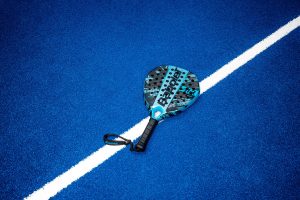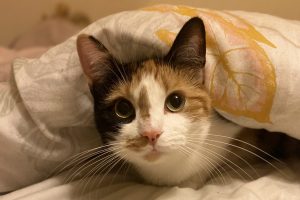New arrival thawing out the coldest of hearts

A new arrival at a Birmingham visitor attraction is helping to thaw even the coldest of hearts.
A rare Gentoo penguin has been hatched at the National Sea Life Centre after its parents crossed continents to conceive. The gender of the bird won’t be known for some months.
The chick’s arrival follows a global breeding programme aimed at increasing the declining population. The chick is the first to be born in England in 2017 and a first ever at the National Sea Life Centre.
The chick, which has yet to be named, is being cared for by its parents, who are from different continents.
Dad Pablo is a four-year-old Gentoo from New Zealand, whilst mum, Arabel, is six and hails all the way from Calgary in Canada. The penguins arrived in Birmingham in 2014 and 2016 respectively, and have been joined most recently by a group from Billund in Denmark as efforts to diversify the gene pool continue.
In total, 19 different Sea Life attractions and more than 400 penguins, from five different species, are involved in the breeding programme, set up after Gentoo numbers declined rapidly and they became near endangered.
Factors include damage to their habitats from tourism, pollution and the illegal collection of their eggs, as well as the birds’ sensitive breeding nature.
Hayley Roberts, penguin specialist at the National Sea Life Centre, said: “We are overjoyed at the arrival of our first ever Gentoo baby – the first this year in England. Gentoos are notoriously tricky to encourage to breed because they are such sensitive birds and we have worked tirelessly from when the breeding programme was first conceived – more than three years ago now – to make sure every detail was perfect for our penguins.
“First we had to make sure we found the right genetic matches for each bird because if the gene pool isn’t diverse enough there can be big problems. We also had to make sure their environment was as close as we could make it to the most ideal conditions in the wild – we factored in temperature, lighting, colours, food, the right rocks and pebbles for use in social activities and the right amount of water for swimming.
“We then had to transport our penguins from three different continents, so our chick really is the most wanted baby we’ve ever tried to breed – we have moved mountains for its parents to conceive, so we are overwhelmed with delight at its arrival.”
The baby penguin is doing well. It weighed 91 grams at birth and will continue to eat from mum’s regurgitated food until it is old enough to begin learning how to swim and feed. A DNA test will be carried out to determine the sex after three to four months.









